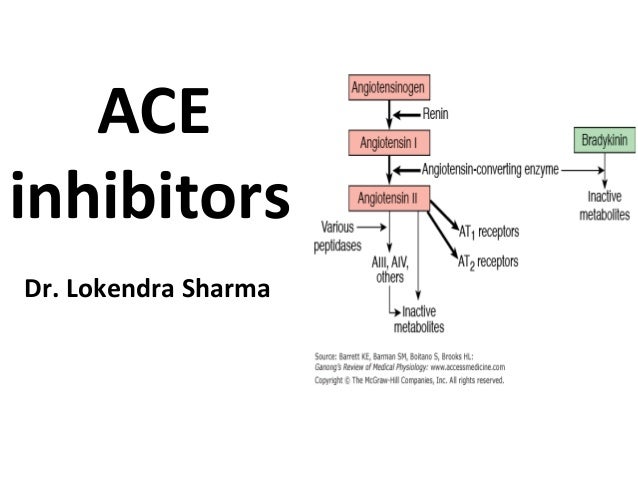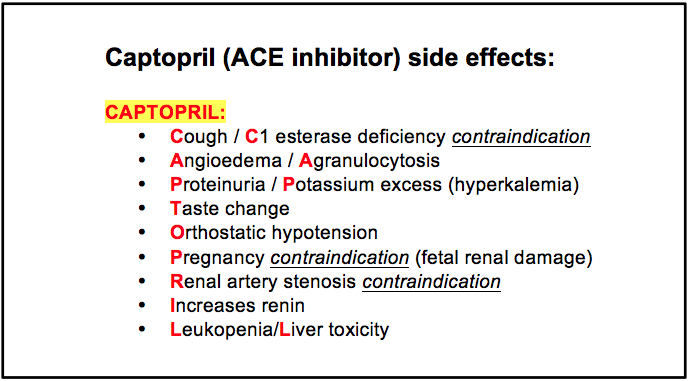

How to properly discontinue an ACE-Inhibitor medication isn't well documented. How To Discontinue ACE-Inhibitors And Withdrawal Symptoms Often times, due to the above side effects, individuals may need to discontinue their ACE-Inhibitor medication. If you are experiencing any of the above side effects, it is important to speak with your doctor regarding your options. In the vast majority of cases however, it resolves after discontinuation of the offending drug. In fact, data suggests that over 2% of individuals on ACE-Inhibitor therapy will experience a dry, unproductive cough. The side effect of a cough is one of the most common complaints regarding ACE-Inhibitor therapy. While beneficial for many, ACE-Inhibitors are associated with a few key side effects including: This reduces pressure on the blood vessel walls and can also work to decrease inflammation as well. They work by stopping conversion of angiotensin I into angiotensin II, a potent vasoconstrictor. Wondering if that’s possible? AnswerĪCE-Inhibitors (Angiotensin converting enzyme inhibitors) are a very commonly used class of medications and are utilized for a variety of indications including high blood pressure, heart failure and heart attack prophylaxis. I was writing everything off to aging and changes but I now have read these could be side effects. I have sore tired legs tiredness indigestion stomach aches cough off and on which seems better but still hoarse quits often.

I have been on Lisinopril for elevated BP for about a year.


 0 kommentar(er)
0 kommentar(er)
